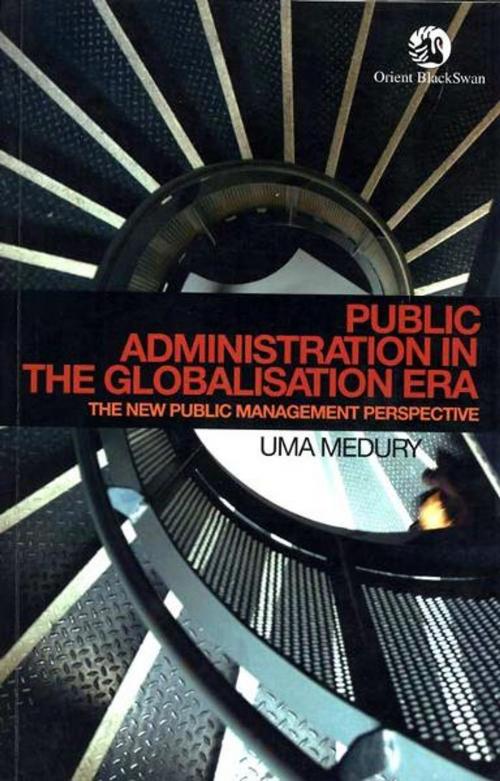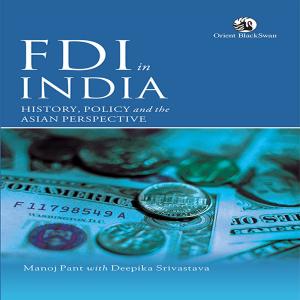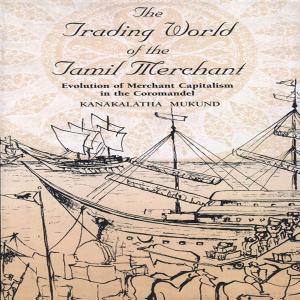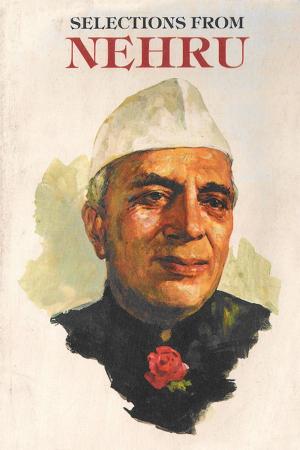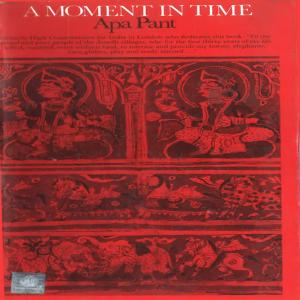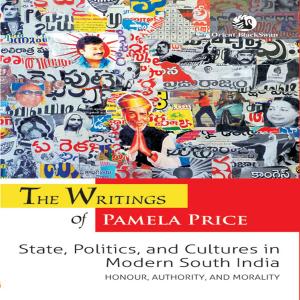Public Administration in the Globalisation Era: The New Public Management Perspective
Nonfiction, Social & Cultural Studies, Political Science, Government, Public Affairs & Administration| Author: | Uma Medury | ISBN: | 9788125046745 |
| Publisher: | Orient BlackSwan | Publication: | July 18, 2012 |
| Imprint: | Language: | English |
| Author: | Uma Medury |
| ISBN: | 9788125046745 |
| Publisher: | Orient BlackSwan |
| Publication: | July 18, 2012 |
| Imprint: | |
| Language: | English |
This book explores the transformative effect of globalisation on the theory and practice of public administration in the twenty-first century. It outlines on the complex dynamics of worldwide changesthe reformulation of the fundamental premises of the discipline, restructuring actual administrative models and rapid technological advancement with accompanying changes in the traditional hierarchical and bureaucratic system of governance, resulted in the emergence of an alternate paradigmthe New Public Management. Detailing the influence of New Public Management with its dominant neo-liberal orientation on public administration, the author outlines: The reorientation of the fundamental bases of public administration, The restructuring of administrative models, The concerns raised about applying its uniform principles in diverse political and socio-economic systems, and The adoption of a pragmatic development strategy that welds market individualism with a state-centred approach. This book offers a comprehensive understanding of the historical processes that shaped the discipline of public administration, its reincarnation in the present form and its current challenges. Grounding the readers in the realities of the field through examples of political experience of countries, this book will be indispensable for students, scholars and practitioners of public administration
This book explores the transformative effect of globalisation on the theory and practice of public administration in the twenty-first century. It outlines on the complex dynamics of worldwide changesthe reformulation of the fundamental premises of the discipline, restructuring actual administrative models and rapid technological advancement with accompanying changes in the traditional hierarchical and bureaucratic system of governance, resulted in the emergence of an alternate paradigmthe New Public Management. Detailing the influence of New Public Management with its dominant neo-liberal orientation on public administration, the author outlines: The reorientation of the fundamental bases of public administration, The restructuring of administrative models, The concerns raised about applying its uniform principles in diverse political and socio-economic systems, and The adoption of a pragmatic development strategy that welds market individualism with a state-centred approach. This book offers a comprehensive understanding of the historical processes that shaped the discipline of public administration, its reincarnation in the present form and its current challenges. Grounding the readers in the realities of the field through examples of political experience of countries, this book will be indispensable for students, scholars and practitioners of public administration
